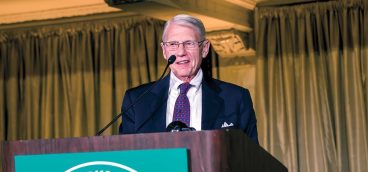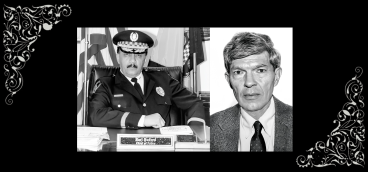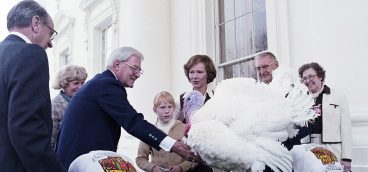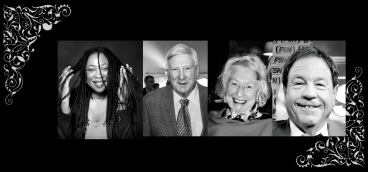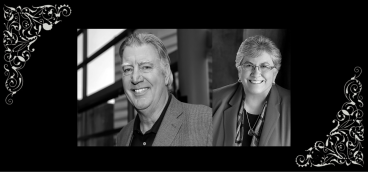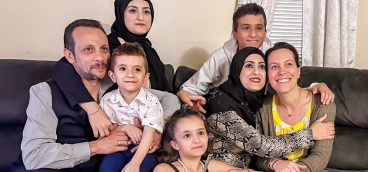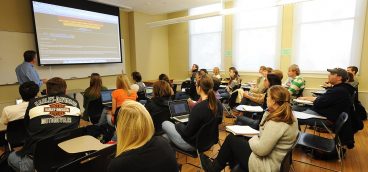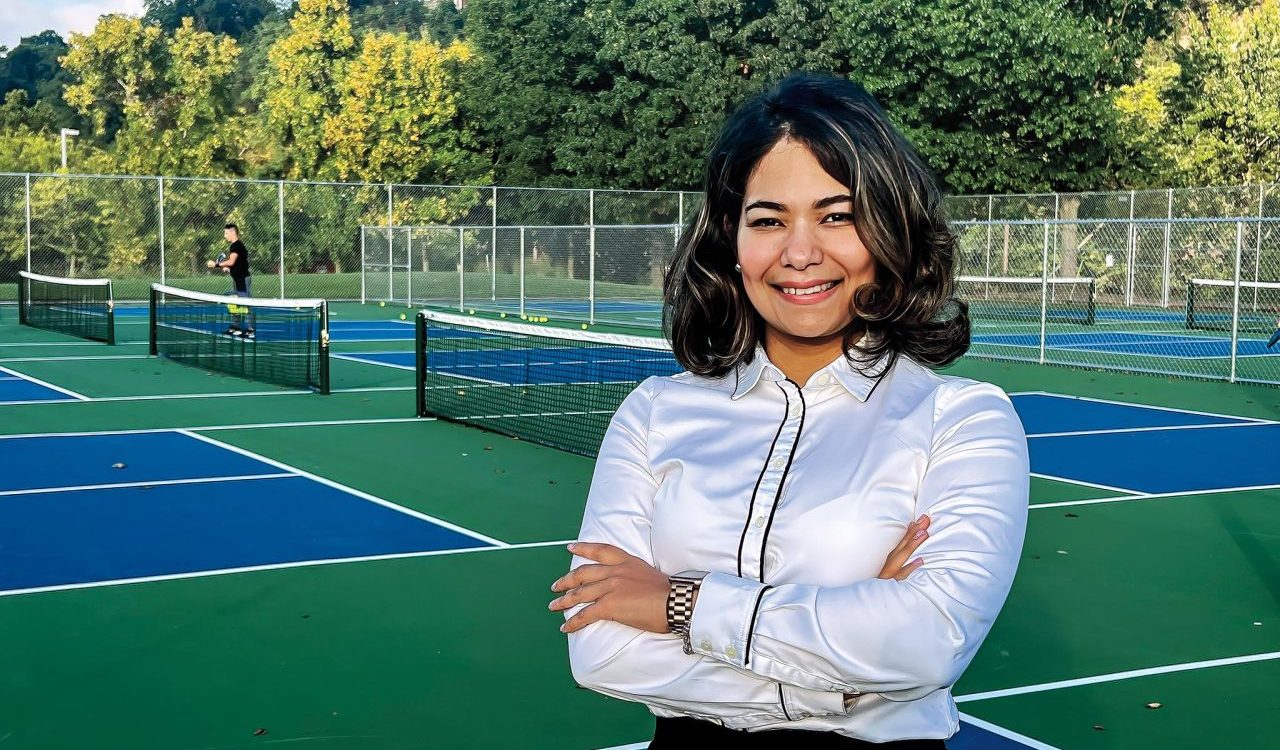
Giving her best:
Grisell Espinoza acted as project manager of the new pickleball and tennis courts at Washington’s Landing. After several dispiriting jobs that included dishwashing and house cleaning, the civil engineer has finally found sustaining employment she enjoys. Image by Tracy Certo
January 8, 2024
Grisell Espinoza was in limbo in 2014, wondering whether to stay in Pittsburgh or return to her native Venezuela where political turmoil was getting worse.
Her only friend in town, a fellow Venezuelan, helped her get work at a restaurant until she could find a job in her profession as a civil engineer. But as supportive as her friend was, she still warned her: “This is a country that teaches you to cry.”
Grisell, 32 at the time, was not one to cry — or so she thought. She was working a dead-end job to make ends meet and to learn English, still undecided after a few tough months here. Then her mother, a volunteer for the mayor’s political party where Grisell had also volunteered, called one day from Venezuela in a panic.
Her mother had been driving and noticed a car with men close behind her. Were they after her? She was nervous as she pulled into the nearest gas station and, sure enough, the car followed. While she was still behind the wheel, three men got out of the car and surrounded hers as they attempted to move it just to scare her.
“Stay,” her mom told her after escaping the harrowing incident. “I have a visa. I will visit you.”
Grisell decided to plant roots, but it wasn’t easy. In Venezuela, she was working on vital projects such as public schools and low-income housing. In Pittsburgh, she worked a series of gateway jobs that nearly broke her. Like the job in the Greek restaurant washing dishes, where she broke several. “It destroyed my hands,” she says, “and it destroyed my ego.” She burst into tears after the first shift.
Or working as a nanny for four kids at a household where she was also expected to clean and do laundry — all for $9 an hour. She cried. Often. Or cleaning to make more money. “Never did I think I would find myself on my knees in a dirty bathroom,” she says. She broke down on the spot.
For better or worse, her mother had instilled in her children a sense of pride, she notes. She graduated from one of the top schools in the country for her engineering degree. “I’m not afraid of hard work but it was humbling,” she admits. At one point, her Venezuelan friend told her, “I’ve never seen you cry before!”
Even in her darkest moments, she was determined to make it here, volunteering for Colombia en Pittsburgh, where she met Spanish-speaking friends, and going to expat groups such as InterNations, where she made friends from Italy, France and other countries. “I always thought, if they can make it, I can make it,” she says.
Along the way, she made progress in her goal of becoming fluent in English so she could get work in her field. “I applied for hundreds of jobs,” Grisell says. “Only PNC called me back.”
The bilingual customer service position sounded like a good fit, but in the first two months of training she worked only with English-speaking customers.
“Nobody calls a bank happy,” says Grisell. A job that is known to be challenging in many ways was made more so by the fact that she spoke “really broken English. They would say to me, ‘Are you stealing my money?’ I would go to the bathroom, crying.”
It was a relief to start working with Spanish-speaking people who loved small talk and dishing about their families.
In the meantime, people were calling Grisell about cleaning gigs, so she started a small business hiring and assigning cleaners. She did everything on her own, or with the help of her supportive friend, at no point calling an immigration settlement agency or nonprofit organization.
Then one day that couldn’t come soon enough, the City of Pittsburgh called about an opening as an inspector in their Public Works department. She was thrilled to land the job.
Today the South Oakland resident is associate project manager, working for landscape architect Andrea Ketzel. “I love to work with her!” says Grisell. “She looks for all the good things she can do for parks and playgrounds.” In five years, she has yet to cry on the job.
Looking back on her journey to this point, she sighs. “It was all really hard. It is still hard! Because of the language, I will never be perfect. It’s a culture I will never understand. I will always be a foreigner here, no matter what.”
Still, she has come far. Meeting her on a job site, she is confident, cheerful and optimistic, happy in her life, and philosophical about the many hardships she endured to get here.
“Pittsburgh is a really, really, really, good city. The people I know are very family oriented. They say ‘Hi’ in the streets. They start up a conversation. I think Pittsburgh is great for immigrants. It’s very warm. It’s very easy.”
She was deeply grateful to get her mom and her sister to move to Pittsburgh two years ago. They, too, worked cleaning houses through her business before finding work at UPMC. Her niece and nephew, ages 5 and 7, are in school in Greensburg. “They correct my English because they know more English than I do,” says their aunt with a laugh.
“I feel proud,” she says quietly. “And I feel very grateful for everything that happened. Every little thing taught me something. Reading books for little kids taught me the language. Cleaning taught me how to vacuum and a new vocabulary. I’m so happy for all the things I went through because those things brought me here.
“And I’m not stopping,” she adds. “I’m always trying to go further and farther.” Now she helps other immigrants and, according to her boyfriend of four years, Matt Sherwin, knows everyone in Pittsburgh’s Venezuelan community.
Soon, Grisell, who holds a green card and continues to send money to her grandmother and father in Venezuela, will be a citizen. She is just waiting for her interview.
“I will become an American, and I will keep giving my best to see this country as a good place to live,” she says. “I am in debt to America.”


